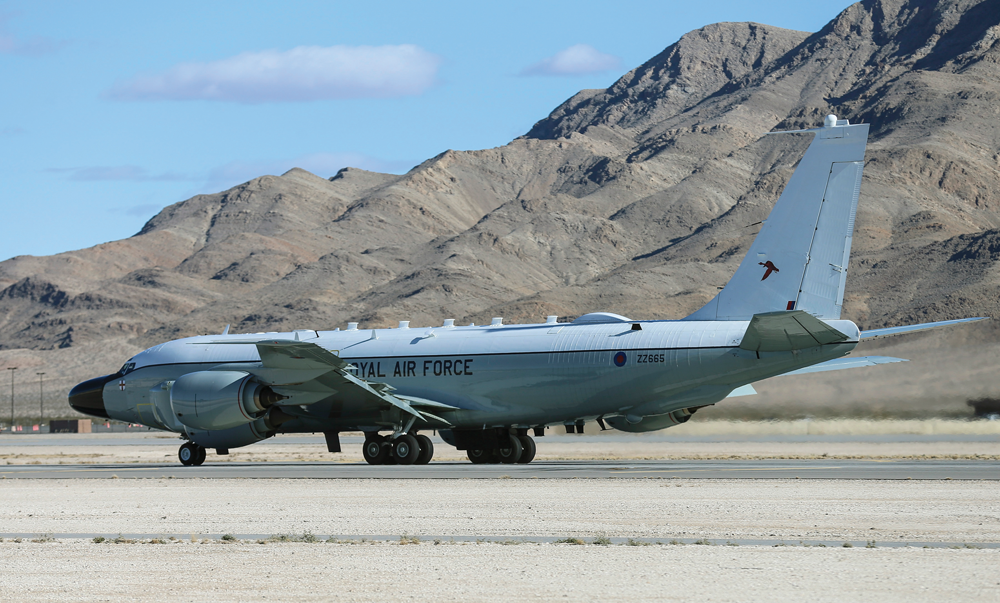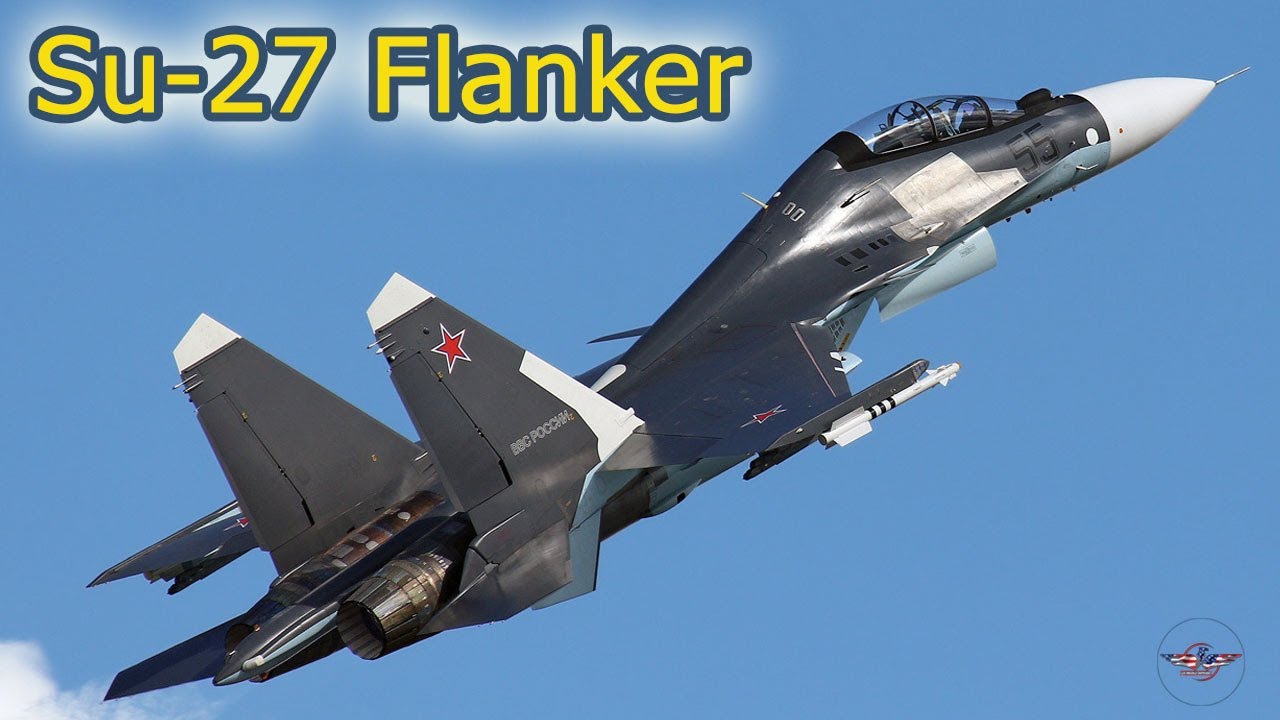A Russian Su-27 pilot attempted to target an RAF surveillance aircraft with a crew of up to 30 members, assuming he had received clearance to open fire.
The incident occurred on September 29, 2022, and at that time, it received widespread media coverage. The then-UK Secretary of State for Defense, Ben Wallace, also appeared in the UK Parliament to disclose the details of the incident.
Wallace stated that the Russian Su-27 fighter jet pilot had launched a missile that came perilously close to hitting a Royal Air Force (RAF) Boeing RC-135 Rivet Joint surveillance aircraft.
Russia acknowledged the incident and attributed the near-catastrophe to a “technical malfunction.” The UK’s Ministry of Defense (MoD) accepted the Russian explanation.
However, a new report from BBC, citing three anonymous Western defense sources with knowledge of the incident, suggests that two missiles were launched, and the Russian pilot was attempting to target the British surveillance plane.

On September 29, 2022, an RAF plane carrying a crew of up to 30 members was conducting a surveillance mission over the Black Sea in international airspace. It came into contact with two Russian SU-27 fighter jets during this mission.
The report said the UK surveillance plane intercepted a message sent to the two Russian pilots, effectively conveying, “You have the target.”
Intercepted communications revealed that one of the Russian pilots believed he had been authorized to engage the British aircraft due to a vague directive from a Russian ground station.
The missile did not lock on the target and consequently missed the British surveillance aircraft. But it was not a malfunction, as mentioned in previous reports.
After the missile was fired, the other pilot strongly criticized his colleague’s actions, as he believed that they had not received permission to engage the target.
However, the pilot subsequently launched another missile, which reportedly “fell from the wing,” suggesting either a malfunction or an aborted launch.
Growing Confrontation Between Western & Russian Aircraft
The Rivet Joint aircraft has an array of sensors designed for intercepting communications. During the incident, the RAF crew would have had the capability to eavesdrop on the unfolding events, potentially threatening their safety.
Following the incident, there was an initial suspension of surveillance flights, but they were subsequently resumed, with the added security of fighter aircraft escorts.
British media added that the informal and imprecise language used during the incident reflects a marked degree of unprofessionalism among the Russian personnel involved.
According to the BBC, this stands in stark contrast to NATO pilots, who are known for their rigorous adherence to precise language protocols when requesting and receiving authorization for military actions.
Reports from British media indicate that the Ministry of Defense (MoD) has chosen not to disclose the contents of these intercepted communications.

Furthermore, in response to these recent revelations, an MoD spokesperson commented, “Our intent has always been to protect the safety of our operations, avoid unnecessary escalation, and inform the public and international community.”
There are several plausible reasons why the UK’s Ministry of Defense (MoD) may have hesitated to disclose the incident’s full details. Firstly, it’s likely that the UK did not want to publicly reveal the extent of its intelligence-gathering capabilities and the specifics of the intercepted communications.
More significantly, both sides involved in the incident wanted to avoid any escalation that might draw a NATO member into a military confrontation with Russia.
This caution reflects a broader concern that an individual’s mistake or miscalculation could trigger a much larger conflict.
This incident isn’t the first time a Russian pilot has acted recklessly towards a NATO aircraft in international airspace. In a similar event in March earlier this year, a Russian jet downed a US unmanned surveillance drone flying over the Black Sea.
The Russian pilot involved in that incident was awarded a medal. The confrontations between US drones and Russian fighter jets have been documented in recent months.
Both sides have frequently leveled accusations, claiming that the opposing pilots acted unprofessionally and displayed aggressive behavior.
Given the heightened tensions and the prevalence of miscommunication in wartime scenarios, these confrontations have raised concerns about the potential for a conflict to erupt.
- Contact the author at ashishmichel(at)gmail.com
- Follow EurAsian Times on Google News




